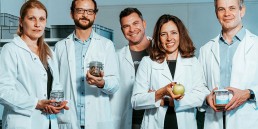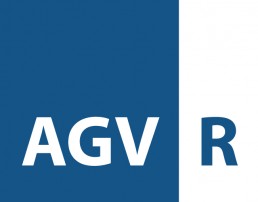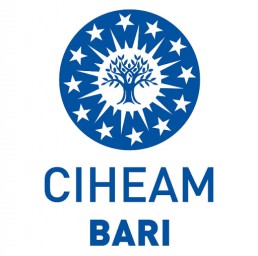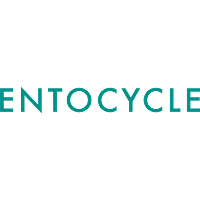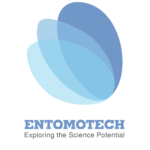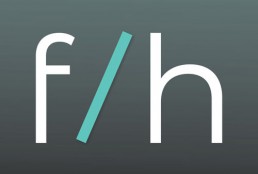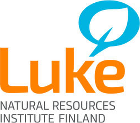Cognitive Robotic System for Digitalized and Networked (Automated) Insect Farms
By 2030 over 9 billion people, along with animals raised for food or kept as companions, will need to be fed, generating inconsistencies between the demand and supply of food resources and promoting food insecurity by rendering food as unavailable, unaffordable, unevenly distributed or unsafe to eat. Therefore, food security represents the big challenge of the 21st century and in that context one promising potential sustainable solution is insect farming. Edible insects are set to be approved in EU by late 2020 as novel food and insects also being a value food sources for farming animals; however research, innovation, farming protocols development and standardization, and a technology leap by robotizing and automatizing the mass rearing in insect farms is needed in order to concurrently scale the production and dramatically decrease the production costs.
CoRoSect addresses the dramatic need of coupling research on bionomics and life cycle of insects intended to be used as food and feed, with new robotic tools and protocols for mechanization and automation of insect farming, which is a critical point stressed by the Technical Expert Consultation on Assessing the Potential of Insects as Food and Feed in Assuring Food Security. CoRoSect forms a novel integrated cognitive robotic ecosystem where the repetitive but also cognitively and physically demanding tasks requiring increased manual effort or continuous human supervision during the insects’ life cycle, are replaced by automatic robotic-based procedures which will also draw upon research performed on understanding biological, technical and economic requirements of insect rearing and optimizing all involved processes. Focusing on real insect rearing problems, CoRoSect technologies will be evaluated through large-scale pilots in 5 insect farms placed in 5 European countries rearing three of the most commonly occurring species, thereby contributing essentially to a secure and sustainable food supply in Europe.
The CoRoSect project has received funding from the European Union’s Horizon 2020 research and innovation programme under grant agreement No 101016953.
Project website: corosect.eu
Project coordinator: Universiteit Maastricht (Netherlands)
Project partners:
- AgriFood Lithuania DIH (Lithuania)
- AGVR BV (Netherlands)
- ATOS IT Solutions And Services Iberia SL (Spain)
- Centro Internazionale Di Altistudi Agronomici Mediterranei (Italy)
- Entocycle LTD (United Kingdom)
- Entomotech SL (Spain)
- Ethniko Kentro Erevnas Kai Technologikis Anaptyxis (Greece)
- Field Lab Robotics BV (Netherlands)
- Foodscale Hub Entrepreneurship Andinnovation Association (Serbia)
- Fundacion Para Las Tecnologias Auxiliares De La Agricultura (Spain)
- Hochschule EMDEN/LEER (Germany)
- Invertapro AS (Norway)
- Katholieke Universiteit Leuven (Belgium)
- Luonnonvarakeskus (Finland)
- Nasekomo AD (Bulgaria)
- Oulun Ammattikorkeakoulu OY – Oulu University of Applied Sciences (Finland)
- Robotnik Automation SLL (Spain)
- Societa Agricola Italian Cricket Farm SRL (Italy)


